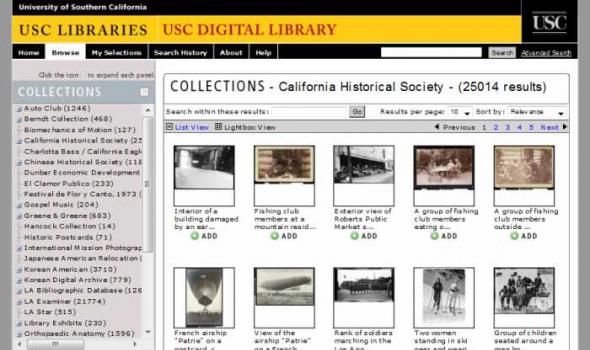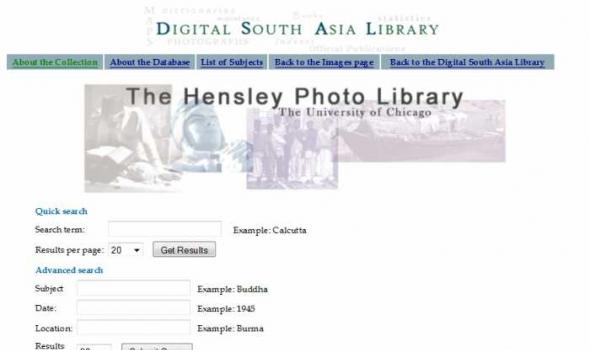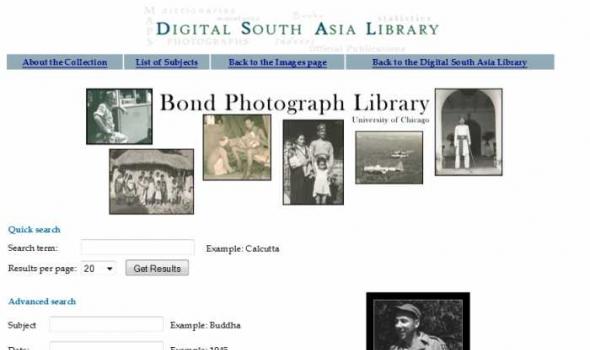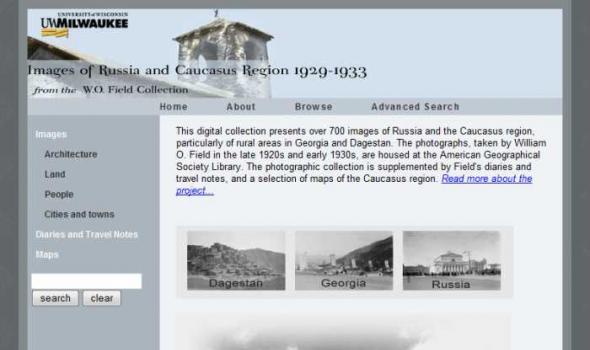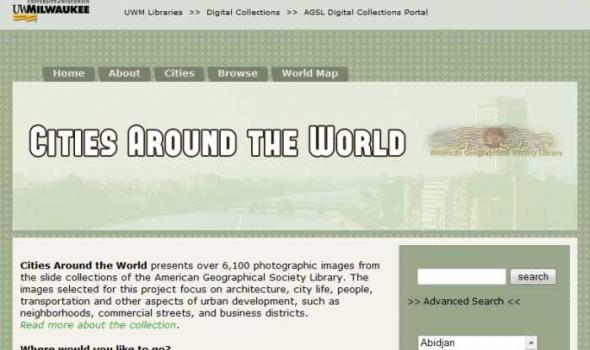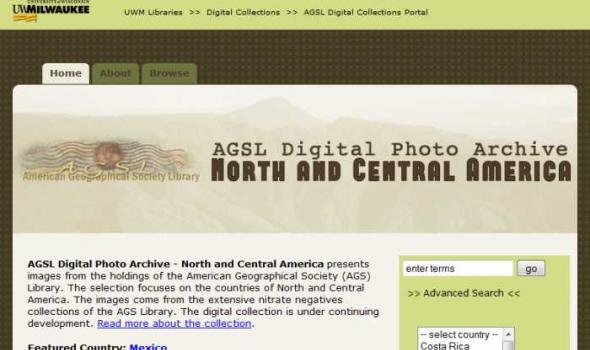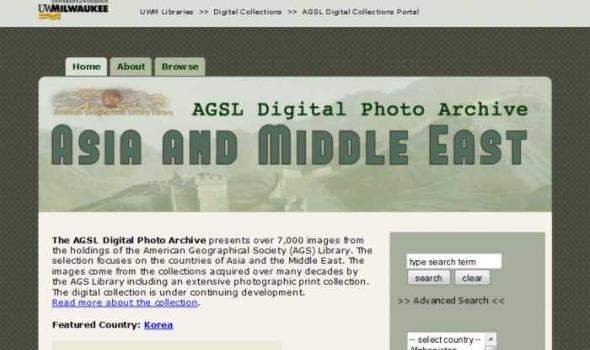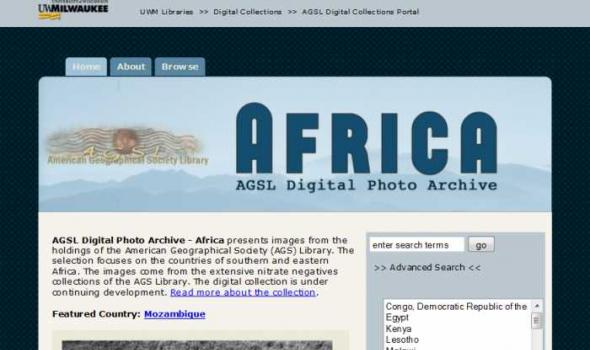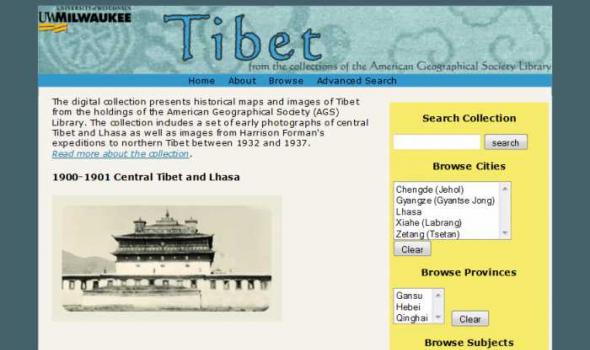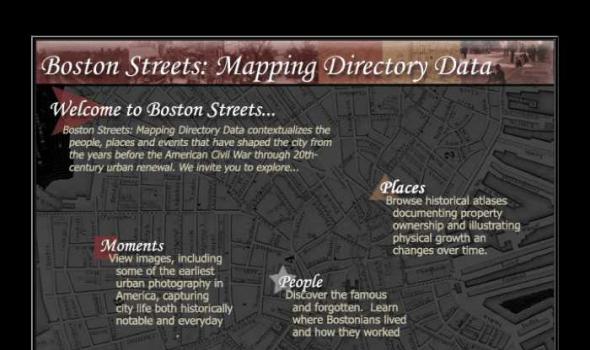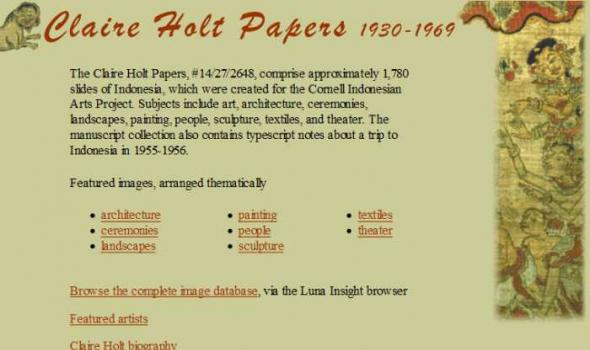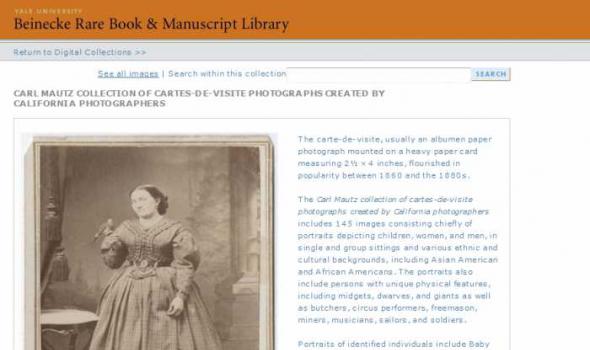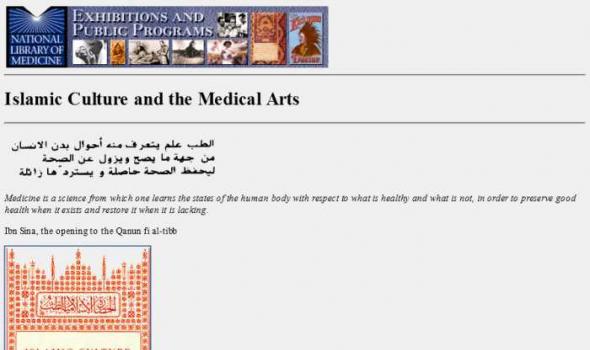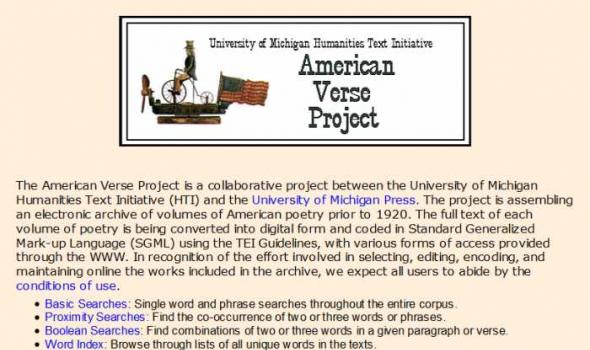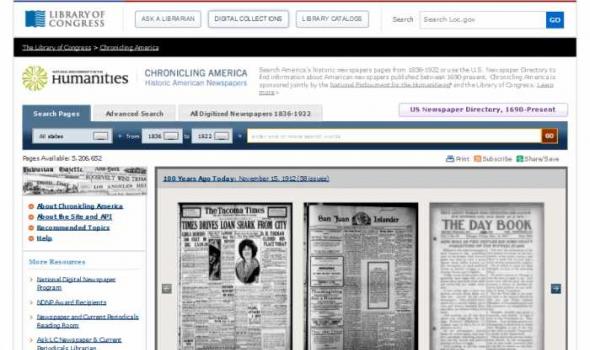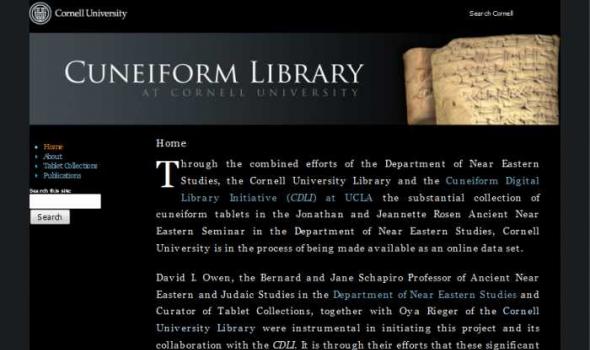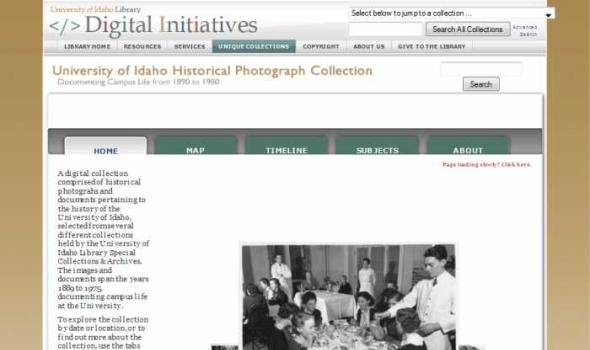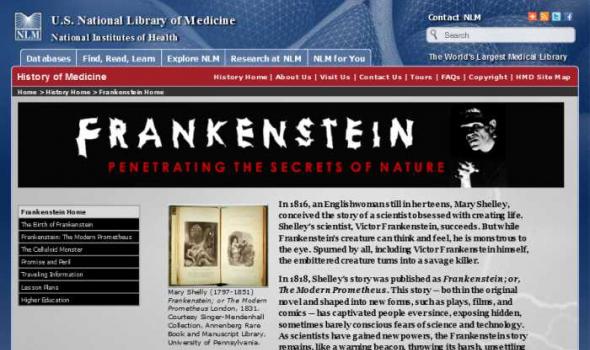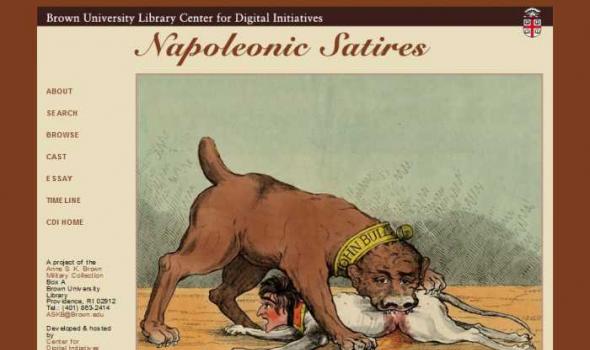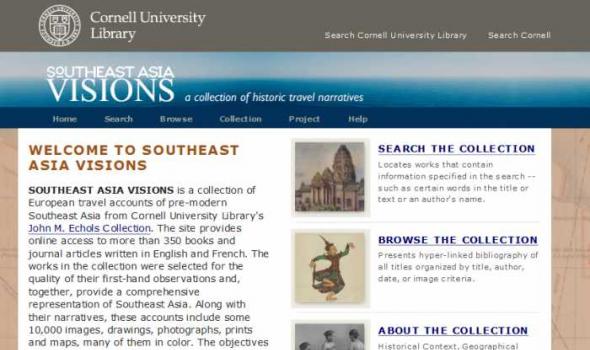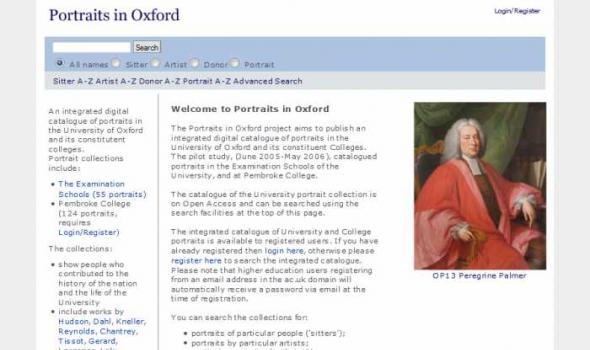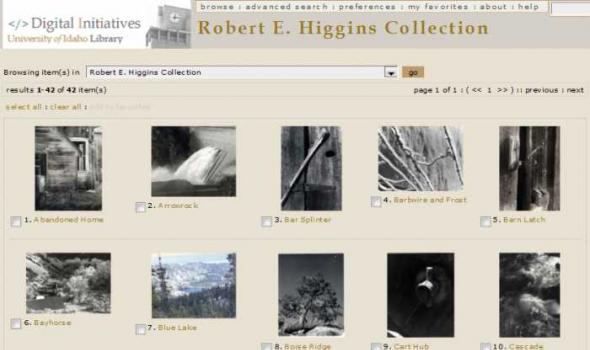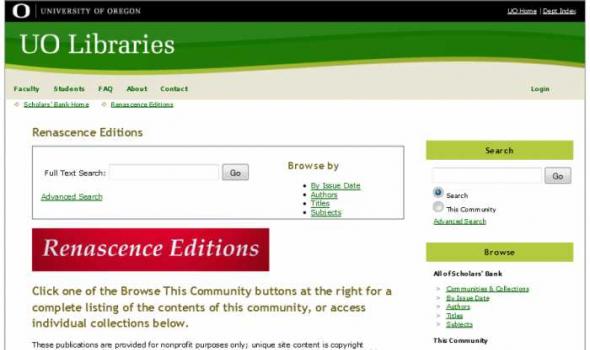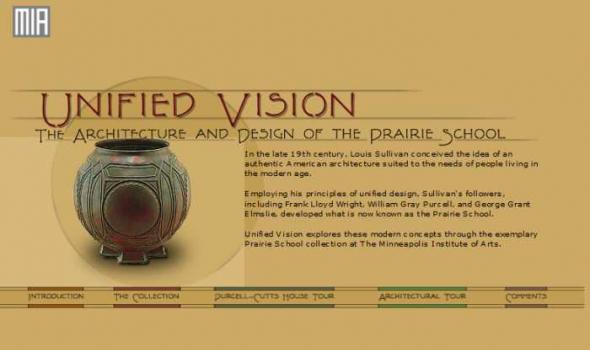People
- California Historical Society Collection Description The California Historical Society Collection is incomparable for the documentary picture it provides of the growth of Southern California, particularly the development of the Los Angeles region, between 1860 and 1960. The collection contains more than 23,000 photographs. The full archive was placed on long-term deposit at USC in 1990 and includes the Title Insurance and Trust Company Collection, also known as TICOR, and the Los Angeles Area Chamber of Commerce Collection. TITLE INSURANCE AND TRUST COMPANY COLLECTION (1860-1960). The 17,000 photographs of this collection contain the work of C.C.
About the Collection The Hensley Collection is comprised of photographs taken during World War II by an American serviceman, Glenn S. Hensley. The photographs, numbering almost 600, were given to the University of Chicago Library by the photographer. The text accompanying the images is derived from notes written by Mr. Hensley. The images include a rich array of photographs taken in Calcutta during 1943-44 by Mr. Hensley, a professional photographer participating in the surveillance of the Japanese in Burma for the U.S. Army. During his off-duty time Mr. Hensley used his ethnographer's eye to capture daily life in a number of locations around India. The majority of the images are from Calcutta and its environs.
The Bond collection consists of photographs taken during World War II by Frank Bond while serving in the Army Air Corps, 40th Photographic Reconnaissance Squadron, stationed in India and Burma. The squadron was formed in 1943 and transferred by sea to India in 1944. In India, the unit was assigned first to Gushkara, approximately sixty miles west of Calcutta, and then to the Alipore Air Base in suburban Calcutta. Bond was a specialist in the development of film from aerial photography that provided essential intelligence to the Allied forces during their advance through central Burma. As the campaign in Burma progressed, Bond was transferred to Akyab Island in the Bay of Bengal where he helped to establish the field photographic developing and printing laboratory.
Scope and Content Images of Russia and Caucasus Region 1929-1933 presents over 700 images of Russia and the central Caucasus including the Republic of Georgia and Dagestan from the William O. Field Collection housed at the American Geographical Society Library. The photographic collection is supplemented by Field's diaries and travel notes, and a selection of maps of the Caucasus region. William O. Field (1904 - 1994), geographer, pioneer glaciologist, and a member of the American Geographical Society visited the Soviet Union three times between 1929 and 1933. During his first trip in 1929, Field traveled to Svanetia, a remote region in Georgia, located in the southern part of the Central Caucasus.
Scope and Content Cities Around the World presents over 6,100 photographic images from the slide collections of the American Geographic Society Library. The images selected for this project focus on architecture, city life, people, transportation and other aspects of urban development, such as neighborhoods, commercial streets, and business districts. The pictures were taken by two photographers, Harrison Forman and Harold Mayer between 1942 and 1994. The digital collection provides access to photographs of over 450 cities worldwide. In addition to present-day metropolitan areas, this collection also features ancient cities and deserted settlements, including Carthage, Great Zimbabwe, Machupicchu, and Persepolis.
Scope and Content AGSL Digital Photo Archive - South America presents a selection of images from the extensive photographic holdings of the American Geographical Society (AGS) Library. The images were selected from several collections including the American Geographical Society Library Print Collection, the Edna Schaus Sorensen and Clarence W. Sorensen Collection, the Richard U. Light and Mary (Light) Meader Collection, the Isaiah Bowman Collection, and the Theodoor deBooy Collection. The current selection of the AGSL Digital Photo Archive - South America focuses on the countries of South America. The coverage of this digital collection will expand as more photos are added to the site.
Scope and Content The Digital Project Credits The AGS Library and UWM Libraries are grateful for continuing material support for the Digital Photo Archive project from Suzanne and Dr. Robert McColl. Project Staff: Krystyna K.
AGSL Digital Photo Archive presents a selection of images from the extensive photographic holdings of the American Geographical Society (AGS) Library. The images were selected from several collections including the American Geographical Society Library Print Collection, the Harrison Forman Collection, the Robert W. McColl Collection, the Bert Krawczyk Collection, the Edna Schaus Sorensen and Clarence W. Sorensen Collection, and the Helmut de Terra Collection.
Scope and Content AGSL Digital Photo Archive - Africa presents a selection of images from the extensive photographic holdings of the American Geographical Society (AGS) Library. These images were selected from the Richard U. Light and Mary (Light) Meader Collection. This digital collection contains approximately 1080 images from Mary Upjohn Light's aerial photography in 1937-38. Mrs. Light (who later married Dr. Edwin Meader) was an adventurous aerial photographer who flew with Dr. Richard Upjohn Light, a geographer and pilot, over the continents of South America and Africa. They were the first to produce aerial photographs of these continents. Some of the first aerial photographs of the pyramids in Egypt are present in the Light/Meader Collection of negatives.
Scope and Content This digital collection presents a selection of historical maps and photographs of Tibet from the holdings of the American Geographical Society (AGS) Library. The collection consists of 1,090 images. It includes a unique set of 50 photographs of central Tibet and Lhasa taken by two Mongolian Buddhists, G. Ts. Tsybikoff and Ovshe Norzunoff, who visited Tibet in 1900 and 1901. The photographs represent the first photographic images of Potala Palace in Lhasa and other Tibetan monasteries. In addition, over 1,000 images of Tibet have been drawn from the extensive photographic collection of Harrison Forman. Photojournalist and explorer, Forman undertook three expeditions to remote areas of northern Tibet between 1932 and 1937.
Visit Cowpaths (opens a new window) View all Boston Streets images (Using the Tufts Digital Library) Browse all Boston city atlases (Using the Tufts Digital Library) The Project: Boston Streets: Mapping Directory data was developed by the Digital Collections and Archives, Tufts University, with support from a National Leadership Grant from the Institute of Museum and Library Services . Additional support was provided by Docema, The Bostonian Society , and other anonymous gifts. The Bostonian Society provided more than 3000 images to the project and was also a major partner in developing descriptive cataloging specifications.
About - Historical Photographs Working in concert with Metadata Services and Digital Projects , staff in Special Collections & University Archives selected several representative photographic collections for digitization and online display. Selection criteria were based on several factors, including the historic content of the photographs, the pure visual appeal of individual images, and finally, research requests from the past. The larger goal of the University of Oregon Photograph Collection is to make the public aware of the quality and depth of the photograph collections owned by Special Collections & University Archives and to encourage further research on the original photographic materials.
Database selection The goal of this project is to catalog and digitize each of the 1,780 slides within the Claire Holt collection. Microsoft Excel was selected as the application most suited to cataloguing requirements. Image browser After researching options available for creating and maintaining a widely-accessible virtual collection, Luna Imaging’s In sight® browsing software was selected as the most appropriate way to present the Claire Holt images over the Internet.
Note that Albert Einstein is standing to the left of the President. This group shot was taken by Fred Scut of Washington, DC, one of the most prolific of panoramic photographers. The print size is 38" x 10". Records of the Office of the Secretary of Agriculture (16-ES-485) The description was handwritten on the photograph by Mr. Brooks. It was taken by Thompson Photo of Venice, CA, and measures 46" x 10". Records of the Bureau of Indian Affairs (75-PA-3-7) The photographer and date are unknown. The dimensions of the print are 54" x 10".
DIGITAL COLLECTIONS About the Collection In 1903 James Caufield and Frank W. Shook founded the eponymous photography studio in Louisville, Kentucky. Will Bowers later joined the firm as a partner and chief photographer. Few aspects of life in Louisville escaped the lens of Caufield & Shook, whose company motto was "We photograph ANYTHING, day or night." The collection includes work for Louisville architects, builders, banks and financial houses, wholesale and retail merchants, advertisers, government agencies, public utilities, and private individuals. In 1924 Caufield and Shook became the official photographer of the Kentucky Derby. The firm was sold to Richard N. Duncan and Ned Tanselle in 1960 and went out of business in 1978.
DIGITAL COLLECTIONS About the Collection This digital collection will assemble images relating to Louisville, Kentucky, and environs from various small collections in the University of Louisville Libraries' special collections and archives. The following collections are currently featured in this digital collection, which will be periodically updated with additional images: A. W. (Albert Wheaton) Terhune Collection , ULPA 1987.70 Insurance agent and amateur photographer Albert Wheaton Terhune was born March 12, 1871 in Newark, New Jersey. The oldest of four children, he lost his mother to tuberculosis in 1877, and, in his late teens, contracted the disease and spent a year in a sanatorium in Colorado Springs.
The carte-de-visite, usually an albumen paper photograph mounted on a heavy paper card measuring 2½ × 4 inches, flourished in popularity between 1860 and the 1880s. The Carl Mautz collection of cartes-de-visite photographs created by California photographers includes 145 images consisting chiefly of portraits depicting children, women, and men, in single and group sittings and various ethnic and cultural backgrounds, including Asian American and African Americans. The portraits also include persons with unique physical features, including midgets, dwarves, and giants as well as butchers, circus performers, freemason, miners, musicians, sailors, and soldiers.
